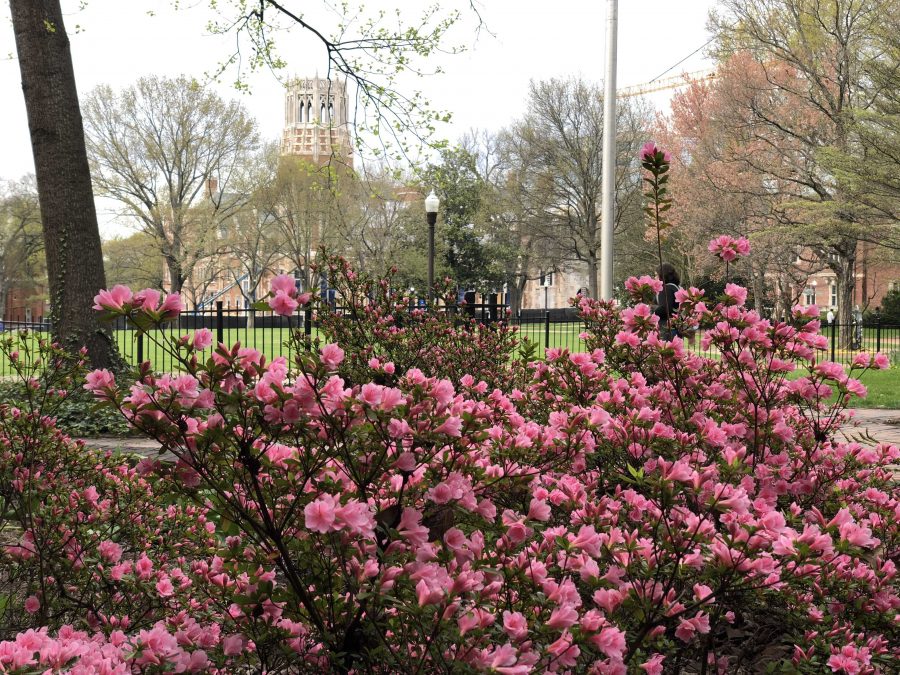
Legislation addressing the usage of plastic products has gained traction across the country, particularly within recent years. Enacted regulations have led to reductions in tens of millions of pounds of plastic waste per year, and in 2019 alone, state lawmakers have proposed over 95 bills pertaining to plastic bags.
Nonetheless, in some states, these environmental efforts have been challenged, predominantly by members of the GOP. And Tennessee is no exception. According to a March Tennessean article, Governor Bill Lee reportedly plans to sign a bill that will prevent plastic bag regulations from being locally implemented across the state.
These so-called “bans on bans” have already been passed in eleven states, including Florida, Idaho and Wisconsin, and Tennessee will join them, should the Governor go through with the signing of the bill. The driving argument behind this opposition is that local regulations are an attack on personal freedoms, supposedly infringing upon individuals’ rights by controlling the products they can and can’t use.
Some students have vocalized frustration toward Lee’s resistance to these bans.
“This mentality implies that we value our freedom more than we value the environment,” first-year Courtney Megerian said. “What could be the downside to reducing our plastic waste?”
First-year Olivia Schrager echoed Megerian’s concerns and questioned the implications of the bill in terms of perpetuating a culture of disregard for the environment.
Not only did students express discontent with the message that the state government would send in implementing the bill, but some also pointed out the tangible ways in which this legislation could potentially impact the environment.
“A plastic bag ban is a simple and effective way to reduce the amount of plastic that ends up in our landfills,” second-year Salasha Dixit said. “The bill would be a step backwards in terms of the larger initiative to develop a waste-free environment.”
The Students Promoting Environmental Awareness and Responsibility club, as well as the VSG Environmental Affairs Committee have yet to respond to the Hustler for comment.
First-year Anjay Friedman emphasized the importance of developing a culture of sustainability at Vanderbilt to limit waste and promote environmental cognizance on campus.
“We must hold each other, as well as the institution more broadly accountable,” Friedman said. “And through discourse, educational outreach, and visible progress in environmental initiatives on campus, we can become leaders in sustainability.”






